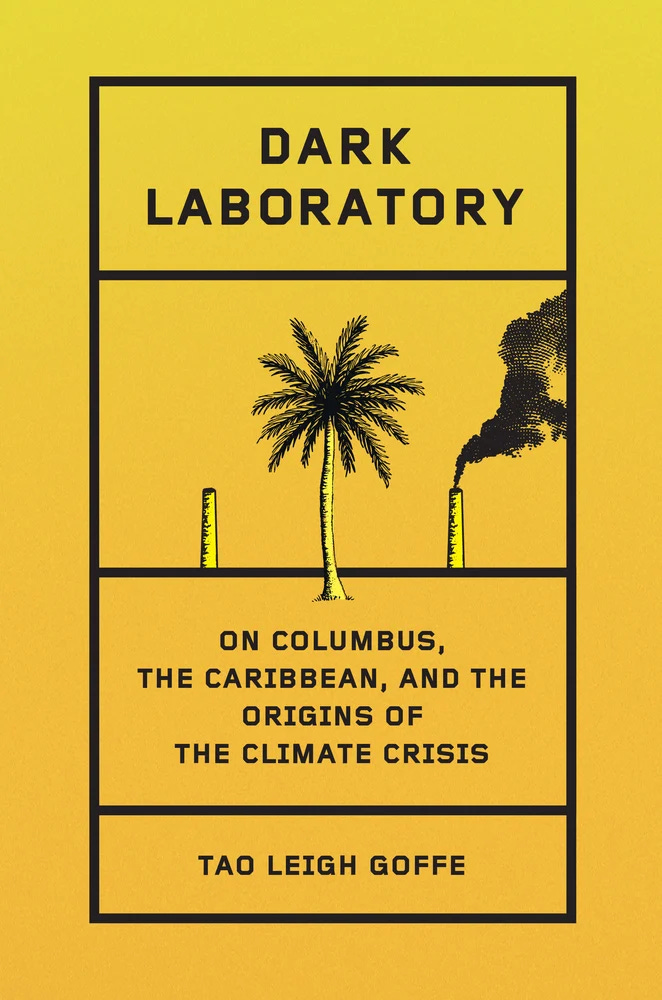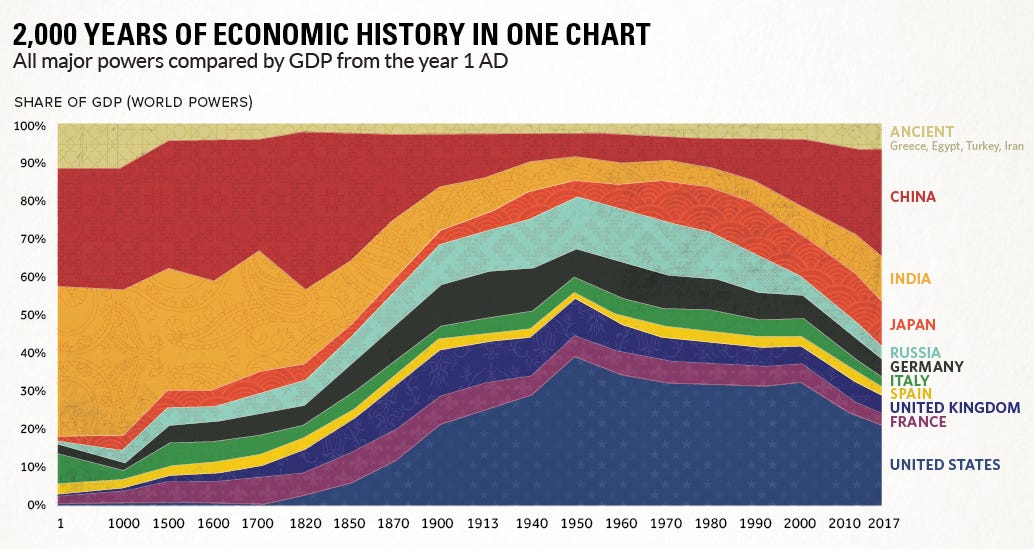BOOK REVIEW — Convoluted Laboratory
A Book Review of "Dark Laboratory: On Columbus, the Caribbean, and the Origins of the Climate Crisis," by Tao Leigh Goffe
If you're not exclusively of European heritage, you already know and appreciate that Christopher Columbus was a terrible person in the year of his Lord 1492. As a fine conversation starter, he was a murderer and rapist. The crimes he and his men committed were so heinous that when word of the atrocities got back to Queen Isabella and King Ferdinand, the Spanish Crown was loath to fund his third expedition to the New World.
However, greed and competition with other European powers of the time were fierce forces, and beat out the Royals' revulsion.
Columbus was part of the New World Order that set a new low in the exploitation of non-Europeans and of the lands upon which they lived. Dark Laboratory: On Columbus, the Caribbean, and the Origins of the Climate Crisis, by Tao Leigh Goffe, attempts to lay out the story of greed, Christian righteousness, and eugenics that propelled Imperial colonialism six hundred years ago to strip the entire world bare in the name of gold and taste (for anything not rancid or that would cover up spoiled meat and produce).
Goffe is an associate professor of literary theory and cultural history at the City University of New York, Hunter College with a focus on the environmental humanities and geology.
Dark Laboratory wants to explain that the roots of climate problems today began hundreds of years ago with colonialism in the Caribbean. When Columbus and other Europeans arrived, they enslaved the indigenous people, Africans and Asians to work hard to get things like sugar and minerals for European countries.
Extreme exploitation of the land and its resources as well as introducing invasive plant species devastated the environment. Goffe uses stories from history and her own family to explain how racist systems and unfair treatment linked to colonial rule created the environmental damage that still affects the islands — and the World.
Contrary to Goffe's narrative, however, the Portuguese had beaten Columbus to the exploitation punch by nearly 80 years. Portugal began its colonizing efforts in 1415 with the conquest of Ceuta in North Africa, marking the start of its global empire.
The first countries and regions Portugal colonized included parts of Morocco (Ceuta), Madeira, the Azores, Cape Verde, and Guinea on the African coast. Over time, Portuguese colonial reach expanded to Brazil, Angola, Mozambique, Goa (India), Macau (China), Timor, and various other territories across Africa, Asia, and South America.
The Portuguese exploited these foreign lands primarily for their natural resources and labor, including taking part in the trans-Saharan gold and slave trades in Africa. In islands like Madeira, they cultivated sugar cane, wheat, and grapes for export.
In Africa and Brazil, the Portuguese established plantations and trading posts, extracting commodities such as sugar, gold, spices, and especially slaves, who were used to support the colonial economy and exported in large numbers to Brazil and other Portuguese colonies. So exploitation of people and ecological devastation started everywhere but the Caribbean.
Nevertheless, Dark Laboratory suggests the best way to tackle today’s climate crisis is to learn from Caribbean communities that have adapted to their crippled ecologies through creativity and teamwork. She implores readers to listen to the voices of people who have been ignored in the past.
I did find the Guardian newspaper article about the Dark Laboratory I read a few months ago coherent and engaging. The article made me want to read the book.
I found the book turgid, confusing, and a bit too lyrical for my tastes. Maybe I need to read more lyrical novels, I don't know. This coming from a brown-skinned pedant who was really looking forward to her expanding on the subject I'd read about in the newspaper.
I felt the book should have either been a history book or an ecology book or a genealogy of the mixed cultures that eventually gave birth and raised her in the Caribbean. It is possible to do all three, but I felt a good editor would have made the book more orderly, even a little less "lyrical." (I now officially hate that word.)
To wit, just as she's getting to the good part about Columbus's contribution to environmental degradation and eugenics, she switches (lyrically, of course) to how her Chinese ancestors met up with her African part to become members of a diaspora that characterizes so much of the sounds, tastes, and rhythms of today's Caribbean islands.
If you as an avid reader like lyricality, thrive on just how bad the colonials were, like disaggregated family sagas, and find books about ecological disaster enjoyable, then this is the book for you.
For me, I would have preferred something a bit more straight-forward, a little more … vanilla (bean).




